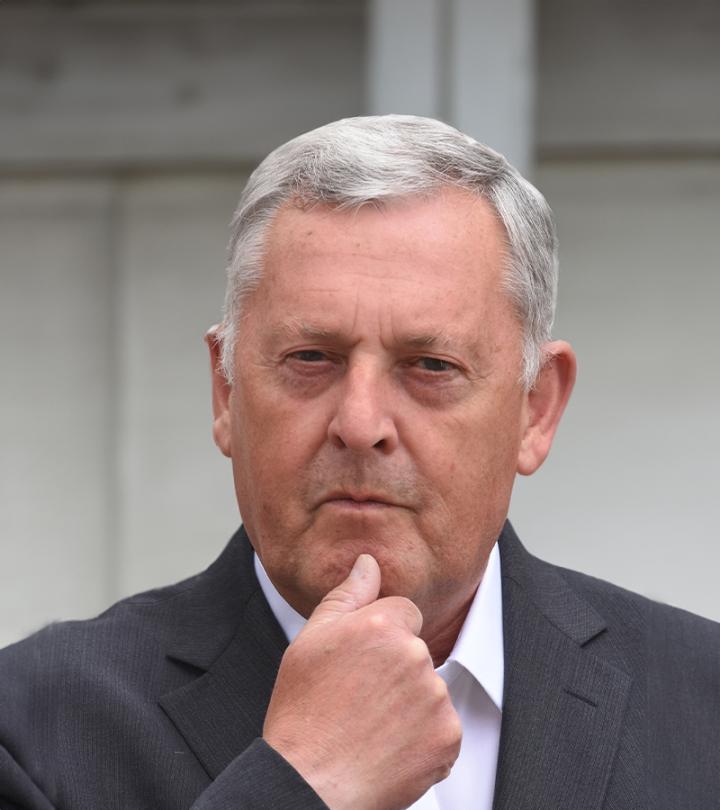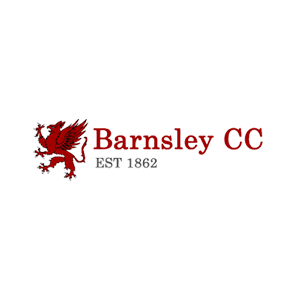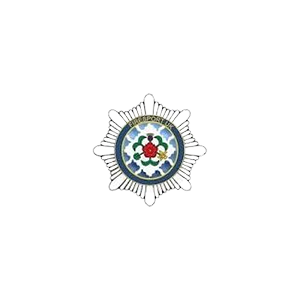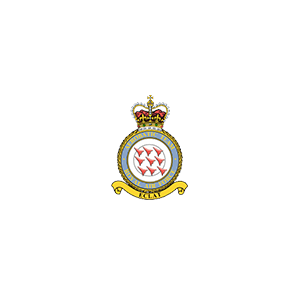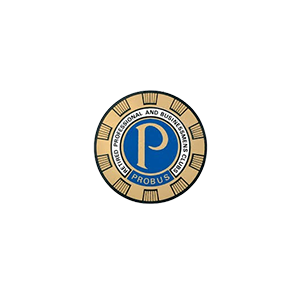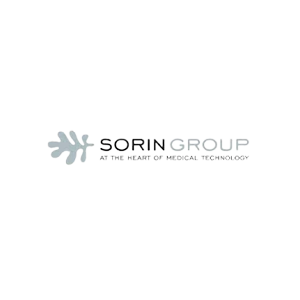Leaders are not born. They research their role over years of personal endeavour, close observation, curiosity and limitless lifelong learning.
If they are fortunate, they might have experienced a rare opportunity to work alongside a senior experienced boss who loves to coach potential leaders of the future. Believe me, these bosses are a true fortune to their organisations.
Some student leaders have even been close to more than one top operator across different jobs. Outstanding career planning.
Business schools can help up to a point, with a plethora of residential and online leadership courses, albeit in exchange for a hefty fee. However, it is the hands-on reality of a deputy role or similar, that truly shapes a future leader. Business school certificates fade, but experience endures.
There are no shoo-in leadership personality types. The concept is nonsense. Look at respected leaders from every corner, they are all different types. However, the consistent behavioural key seems to be an insatiable appetite for lifelong learning, endless curiosity, active listening skills and fast learning.
Leadership is multi-faceted and involves guiding others towards achieving common goals. To help potential leaders refine their abilities, this blog post presents a range of leadership questions extracted from Alan Dawson seminars, and coaching engagements with answers. Each question targets a specific aspect of leadership, providing clear and concise responses.
Whether a seasoned executive or an aspiring manager, these questions are chosen to stimulate reflection and improvement.
Every month we publish current topics from visitors to add to a growing monthly resource, building insights and practical solutions supporting leadership effectiveness.
Through practical examples and straightforward advice, this guide aims to cover the essentials that every leader needs to know. By addressing common challenges and providing actionable answers, it offers a valuable toolkit for anyone looking to develop and refine their leadership skills.
Please Ask Alan your question below at alan@alandawson.co.uk

